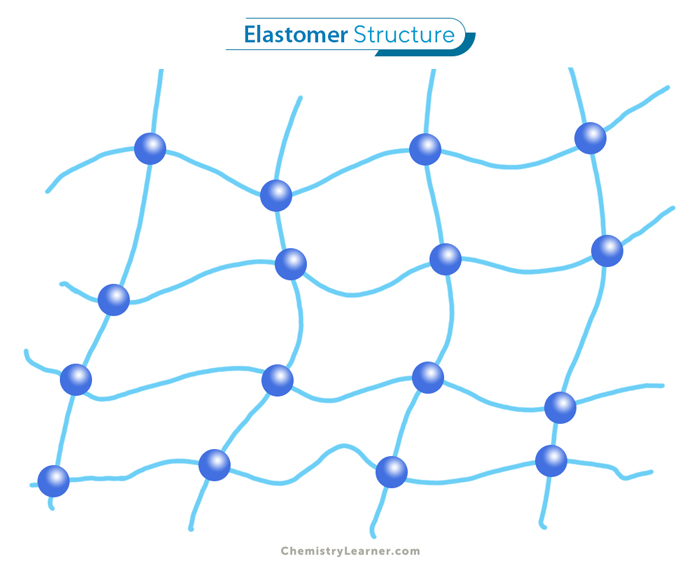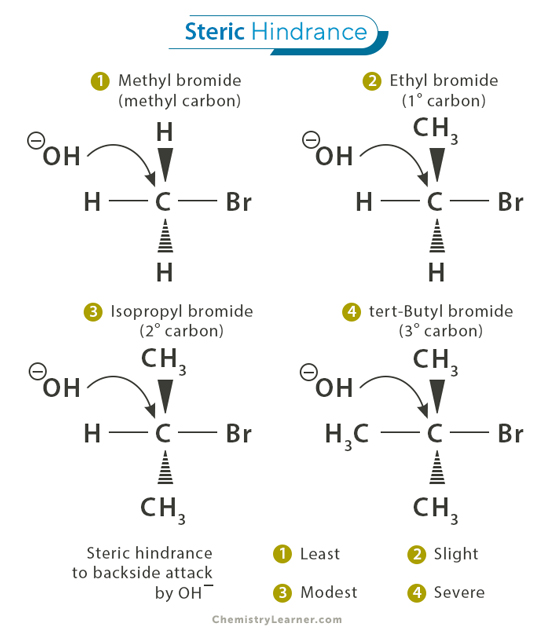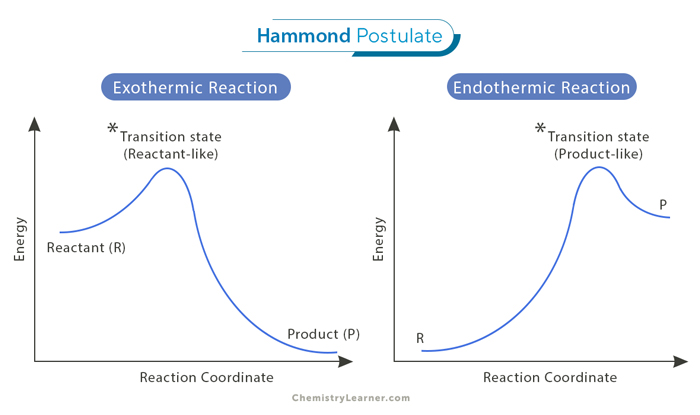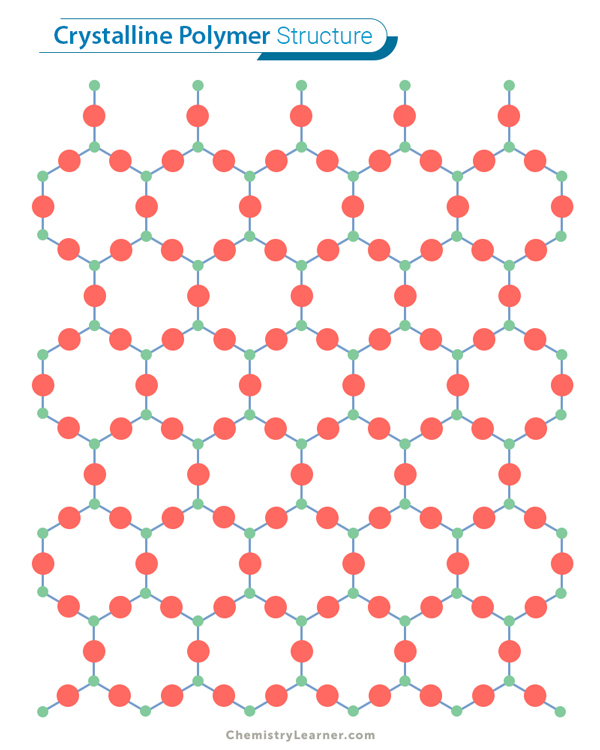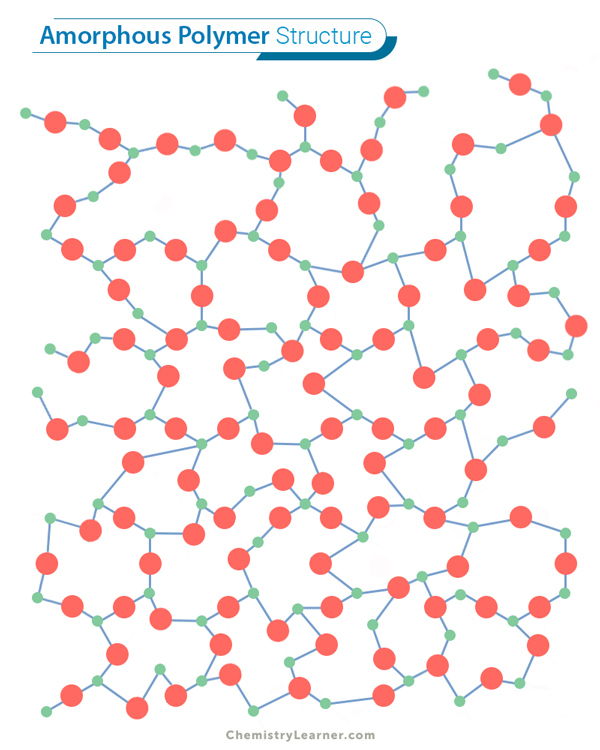Hydroboration-Oxidation
Definition: What is Hydroboration-Oxidation?
The hydroboration-oxidation reaction is an organic chemical reaction that is used for the conversion of alkene into alcohol. In this reaction, borane (BH3) is added across the carbon‐carbon double bond of an alkene resulting in an organoboron compound. This organoboron compound reacts with hydrogen peroxide in a basic medium (e.g., NaOH) and oxidizes to alcohol. The regiochemistry of this reaction is such that the product formed during hydroboration follows anti-Markovnikov’s rule, i.e., hydrogen goes to the more substituted carbon atom of the alkene. The stereochemistry of this reaction is syn, i.e., hydrogen and boron are on the same side of the product [1-6].
The history of the hydroboration reaction goes back to the last 1950s when Nobel laureate Herbert C. Brown reported his findings while working at Purdue University.
Examples of Hydroboration-Oxidation
Mechanism of Hydroboration-Oxidation [6-10]
- References
- Definition – Byjus.com
- Definition – Cliffsnotes.com
- Definition – Chem.ucla.edu
- Definition – Masterorganicchemistry.com
- Definition – Chem.ucla.edu
- Definition and mechanism – Chem.libretexts.org
- Mechanism – Masterorganicchemistry.com
- Mechanism – Chem.ucalgary.ca
- Mechanism – Chem.ucalgary.ca
- Mechanism – Organic-chemistry.org



